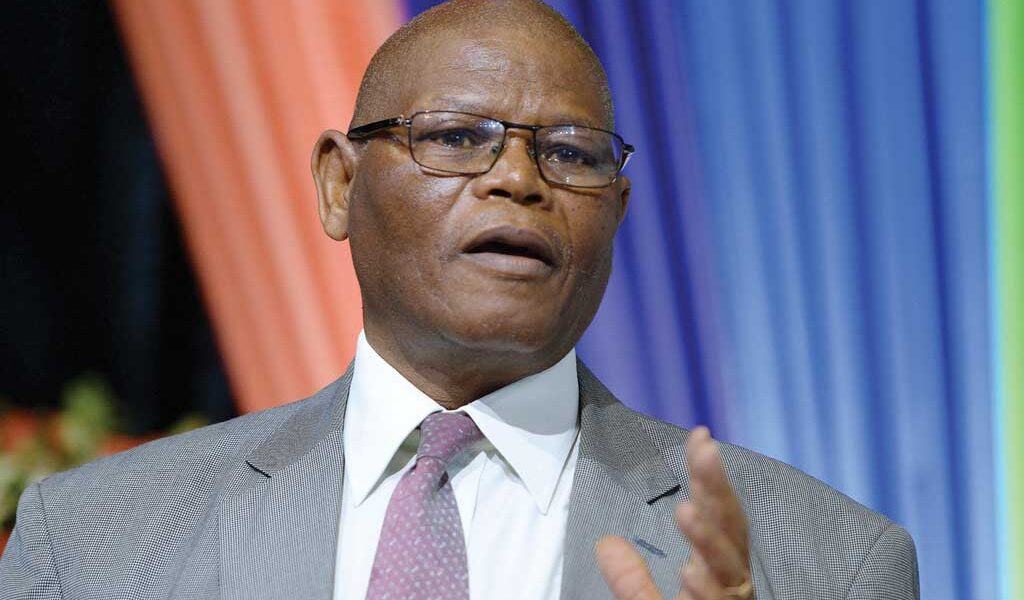GAZETTE REPORTER
The Botswana Human Resource Development Skills Fair and Career Guidance Clinics (BHRDS) of 2016 opened at Ditshupo Hall in Gaborone yesterday, and will run until Saturday this week.
The fair which is running for the sixth year in succession opened yesterday with scores of tertiary school hopefuls and school going children seeking guidance on future careers. The Fair comes in a different format this year, with the Career Guidance replacing the Conference component which has been part of the the weeklong event.
“This year’s fair focuses on career guidance and counselling,” said Dr Patrick Molutsi, Acting Chief Executive officer at HRDC.“Last year, we brought in the careers theme together with counselling and we found that we were overloaded with organising three different events at the same time, hence we partnered with other stakeholders to bring about the Jobs Summit which was held late last year, “he said.
Dr Molutsi says they expect to host another job summit in October this year and that potential sponsors are very eager for it to start.“We want to close the gap between the demand and supply of labour and we can do that by controlling factors such as access to education, quality, and equity for those who are possibly marginalised in the provision of education as well as the relevance of that education. We have even produced our career guidance booklet in braille form,” he said.
Dr Molutsi says a database from the Department of Public Service Management (DPSM) shows that Business and ICT graduates make the majority of the 22,000 unemployed graduates. “We have now advised DTEF (Department of Tertiary Education Funding) to cut back on sponsoring those two fields and increase on Agriculture, Creative Arts, Science, Medicine and Tourism which are in short supply,” he revealed. HRDC Sector Committees which were formed last year will be offering career guidance to prospective tertiary students at the fair. Each of the committees is made up of between 12 and 15 industry individuals in specific sectors and people are drawn from businesses, labour unions, civil society, advisory, steering, support and regulatory agencies, education and skills training, as well as professional employer and employee associations.
The committees will provide advice to HRDC on emerging economic trends and relevant education, training and skills needed in each sector to enable it to thrive.

